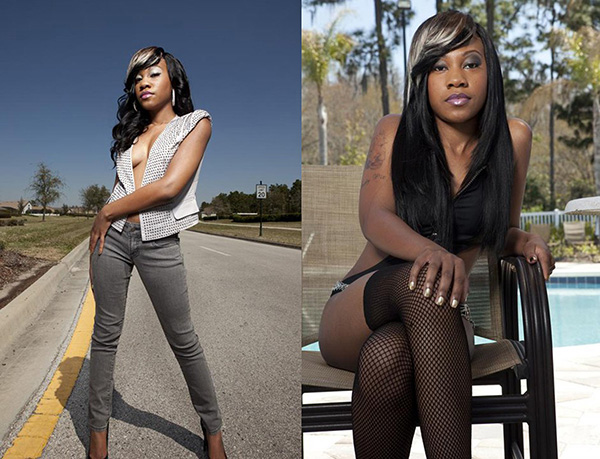
In 2010, Big Gates Records signed their first female rapper to the label — a young artist who goes by the name Lady.
Lady has been teetering on the verge of stardom for the past few years, and she has finally found some mainstream success from her songs being featured on TV. Fans of HBO’s “Girls” will have heard her song “Yankin,” and those who watch Showtime’s “Ray Donovan,” know her track “Twerk.” People flocked to her live show at Mercury Lounge over the weekend.
When her record label was asked to comment on their signing of Lady three years ago, the response was overwhelmingly positive, saying that Lady “is going to change the game … there hasn’t been, and still isn’t, a more real female rapper.”
By all accounts, Lady is a promising and exciting new rapper to watch — except for one hitch. She’s not a rapper — even in her own record label’s praise of her artistry, she’s defined, not as a rapper, but as a “female rapper.” Would Taylor Swift ever have been introduced as an upcoming female country artist? Is the media fixated on Miley Cyrus’ crazy female pop artist antics?
Perhaps because rap has long been a boy’s club, dominated by males in a way other music genres have not been, there seems to be a need to separate female rappers from their peers. So the question is, how do “female rappers” drop the modifier?
Looking at the work of Lady and her contemporaries, it seems they’re working on the problem by rapping just like the guys and just as well as the guys, and — more often than not — by beating the men at their own game. But rather than point this out, their talents are diverted by meaningless distractions.
When the gangster rap genre began to emerge in the late ’90s and rap became mainstream, Lil’ Kim and Foxy Brown were among the only female rappers who could hold their own against heavyweights such as Dr. Dre, N.W.A., The Notorious B.I.G. and Tupac. However, Foxy Brown and Kim were embroiled in a feud for most of their time at the top.
Arguments among women in rap are nothing new. The ’80s had the Roxanne Wars, and more recently there was the feud between Nicki Minaj and Lil’ Kim. Male rappers have had their fair share of spats, but the difference is that among male rappers, the fights consist of lyrics aimed at pointing out who is superior. Among female rappers, these contentions are aimed at negating each other and becoming the only female rapper in the game.
This idea that there can only be one great female rapper was at the heart of the recent feud between Lil’ Kim and Minaj, with Lil’ Kim accusing Minaj of copying her style and fans bragging that Minaj has “replaced” Lil’ Kim. With luck, an influx of new rappers like Lady will teach the public that a female rapper is not an either-or proposition. In the meantime, it’s imperative to take note of the double standards we use with rappers.
A version of this article appeared in the Tuesday, Nov. 12 print edition. Charlotte Graham is a staff writer. Email her at [email protected].





















































































































































